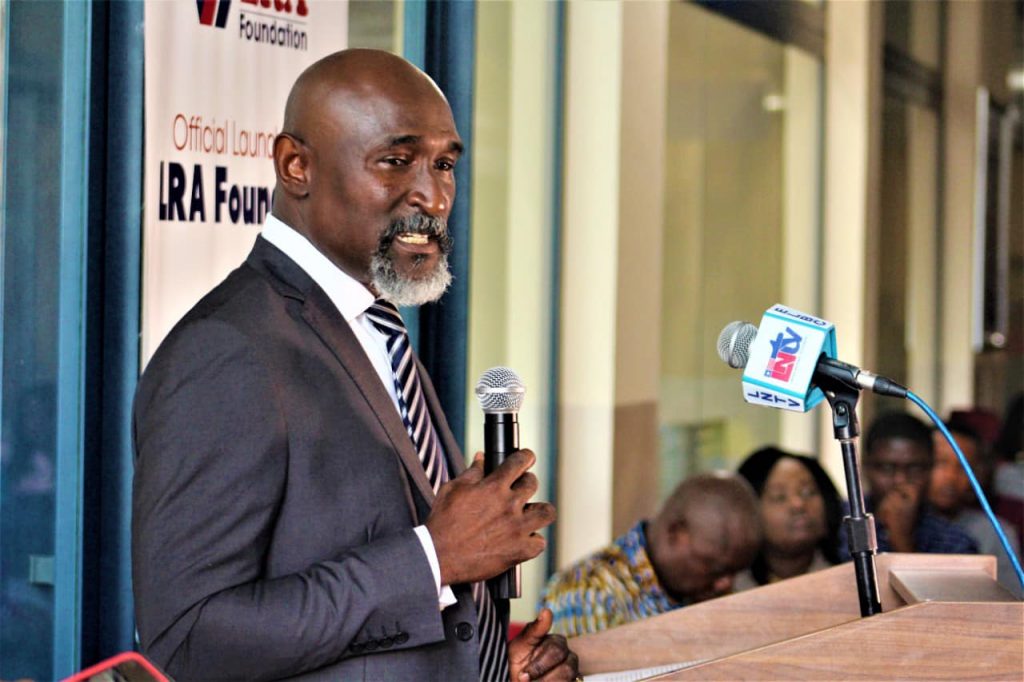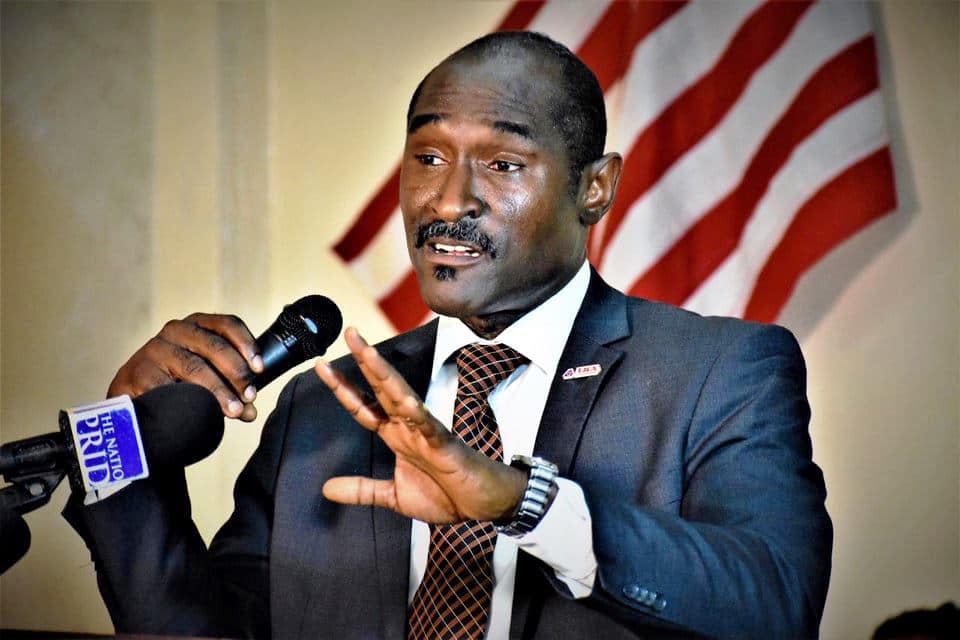REPORTS FILTERING from Monrovia, Liberia, has it that the Liberia Revenue Authority (LRA) Commissioner is dead. Circumstances surrounding his death are yet to be disclosed to the public. Mr. Nah is credited for revolutionizing the LRA, an effort that saw the country significantly shift from a donor-driven to a revenue-driven economy. He was a fundamental part of the economic comeback of the current outgoing CDC-led government that inherited a dwindling donor-driven national budget.
THE POST-WAR economy under former President Ellen Johnson Sirleaf received the highest donor support recorded in the nation’s history. Also, the presence of ECOWAS and UN peace missions to Liberia and multiple international nongovernmental organizations significantly boosted the post-war economy. Unlike Sirleaf’s administration, the CDC-led government took over the country the same year UNMIL pulled out its last troops. Similarly, many international nongovernmental organizations had already phased out as the country was declared to be in the developmental phase, and emergency funding and missions were no longer a priority.

CHANGE IN THESE ECONOMIC VARIABLES plunged the country into an economic meltdown with sparks in inflation, unemployment, and hardship. The CDC-led government saw itself in a political quagmire, having to account for the sudden change in the economy in its first year of taking over from the UP administration. With the technical support of the IMF, the World Bank, the African Development Bank, development partners, and a drastic restructuring of the country’s fiscal and monetary policies, Liberia was able to make a dramatic recovery with IMF and the World Bank projecting prospects for improvements in the country’s economy.
DESPITE PUPLIC OUTCRY and political tensions in 2019-2020, followed by the COVID-19 pandemic that brought many nations to its knees, Mr. Nah’s revolutionary reforms and technological advances and transition to e-commerce at the LRA saw the national budget grow from $500m in 2017/2018, to close to $800m by 2022, with over 90% of the budget envelope relying on revenue generation. This gain has been sustained with the expectation for growth in revenue generation with sight placed on taking the national budget to $1 billion, an expectation that now hangs in the balance.
AS THE COUNTRY AWAITS information on the cause of death of Mr. Nah, there is sure to be some level of skepticism as to the cause of death given the heightened political tension in the country. It can be recalled that in 2020 at least four auditors, including the late Emmanuel Barten Nyeswua, director-general of the Liberia Internal Audit Agency, Gifty Lama, acting manager for tax services; George Fanbutu, and Albert Peters, assistant commissioner for audit at the LRA died under mysterious circumstances when already massive public outcry over corruption and the need for audit. Though the government’s investigation reported no foul play, the public remained doubtful.
AS THE NEWS OF MR. NAH breaks this morning 23 December 2023, there are sure to be mixed reactions from Liberians. It is very important for the Liberian government to ensure that urgent efforts are exerted to provide time-sensitive and accurate information to the public to ease tensions and curb public outcry or misconceptions, especially with the latest developments around talks by the incoming government of President-elect Joseph N. Boakai, of commuting already being made to international partners to audit the outgoing administration.

Dr. Clarence R. Pearson, Sr. is a Liberian clergy and social scientist with strong interest in advancing global peace, human rights, a safe planet, and social equity. He holds a BA in Theology, and MA with distinction from the Kofi Annan Institute for Conflict Transformation, University of Liberia. He also graduated with honor from the Louisiana Baptist University and Seminary, Shreveport, Louisiana, USA with A PhD in Psychology and Counseling. Dr. Pearson is a social researcher, an educator, and an author. He has over 29 years of practical professional experience in post-conflict peace-building, recovery, and development with emphasis in both the public and private sector.

